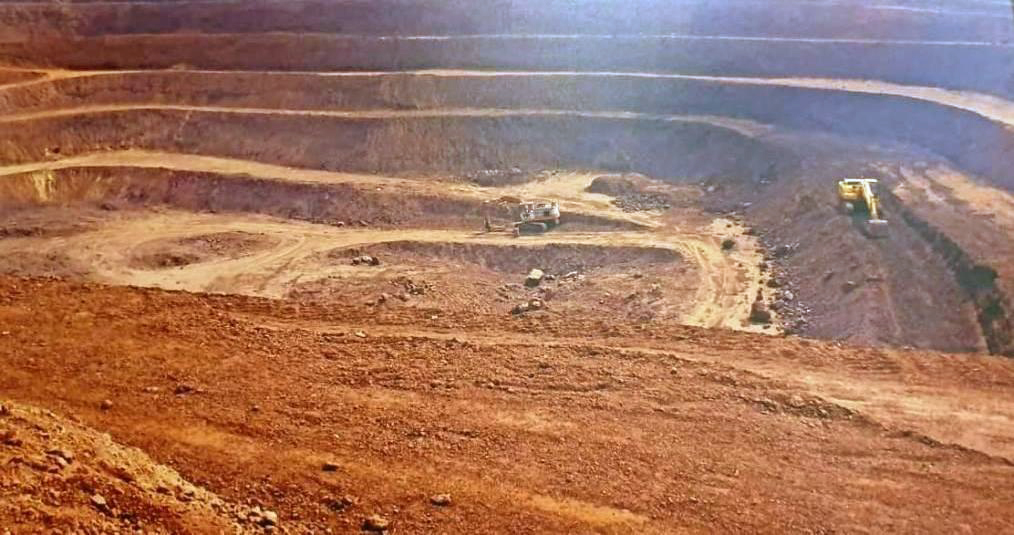Joda: Post leasing out of mines, the mining sector in the state is reduced to mineral extraction and sale only. According to reports, the Joda mining circle has high quality iron ore which have high demand abroad but the local industries have become sick.
Given high profits in mineral business, all lease holders and traders generally raise the prices of minerals depending on demand. When demand for iron ores goes up, lease holders lower mineral extraction and create an artificial raw material shortage for industries and seek exorbitant prices from industries.
As many as 106 iron ore mines in Joda are known for high quality iron ore. All Steel Authority of India Ltd mines are included in it. In Joda mining circle, there are 98 merchant mines and eight captive mines.
The merchant mines can extract minerals from their mines and transport them abroad or sell them to industries at their own will. On the other hand, captive mines are supposed to extract ores for use of their industries only and they are not permitted to sell the ore in the open market.
About 90 per cent of mines in Joda area are merchant mines who sell iron ores to industries outside the state at a premium. However, industrialists who have invested in the state are unable to get the raw material according to their requirement, resulting in their falling sick.
Investors who came to the state from all over the country and set up iron ore-based units had initially dreamt of cheap and easily accessible raw material. Their idea was they would get sufficient raw material either through captive mines or from merchant mine owners.
However, with the new method of auctioning and licencing adopted by the government which has little consideration for existing plants, their future is bleak. With imminent closure, unemployment looms large on the horizon for thousands of local workers during this pandemic when other avenues of income have vanished.
Requesting anonymity, the owner of a steel unit said during the signing of MoUs, the state government agreed to provide mines or provide iron ores to industries from the public sector undertaking mines as per the requirement of industries.
However, the government is unable to provide minerals to industries based on their actual needs. On the other hand, merchant mines supply high quality iron ores to industries outside the state. To evade taxes they show low quality iron ores, he revealed.
Industries in the state are facing an artificial shortage of raw material, leading to their falling sick or closing down. Due to tax evasion in the form of poor revenue payment, the state government incurs huge losses. It is also heating the employment prospect of youths.
According to AITUC state secretary Maheswar Rout, most of the mineral based industries set up in the state use iron ores. “There are scores of sponge iron, pellet and other small plants in the state. They are on the verge of closure for shortage of iron ores.
The state government should provide raw material to them through its PSUs. Or else, they will face closure. Thousands of staff and workers will be rendered jobless.
The government should take steps to operationalise the closed iron and manganese mines. About 50 per cent of the iron ores being extracted by merchant mines should be earmarked for industries in the state only,” Rout observed.
Kapil Mohanty, secretary of Keonjhar mines and forest workers union, said the state government had no idea on how the industries should operate and from where they would get raw materials.
Pradesh Congress Committee (PCC) President Niranjan Patnaik said he has informed the Chief Minister about this in writing before the start of the auction process for mines.
BJP leader Murali Manohar Sharma said for shortage of raw materials, industries in the state have fallen sick. Steel industries have closed while the number of unemployed youths in the state is increasing, he added.
Champua MLA Meenakshi Mohanta said the state government is committed to development of industries and removal of unemployment problem. She however, refused to speak more on mines and industries.
PNN

